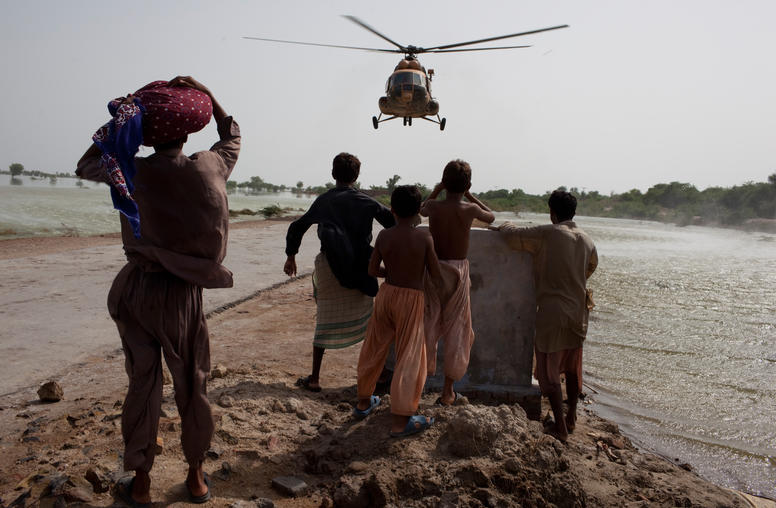
A Debate on Pakistan: What Future Role for America?
On November 16, USIP gathered eminent scholars to debate the future of U.S. assistance to Pakistan—and of the bilateral relationship overall —under the next U.S. administration.
As a national, nonpartisan, independent Institute, the U.S. Institute of Peace draws on our exceptional convening power to create opportunities for diverse audiences to exchange knowledge, experiences, and ideas necessary for creative solutions to difficult challenges. We serve as an important, neutral platform for bringing together government and nongovernment, diplomacy, security, and development actors, and participants across political views. The Institute’s events help shape public policy and priorities to advance peaceful solutions to conflict and strengthen international security.

On November 16, USIP gathered eminent scholars to debate the future of U.S. assistance to Pakistan—and of the bilateral relationship overall —under the next U.S. administration.
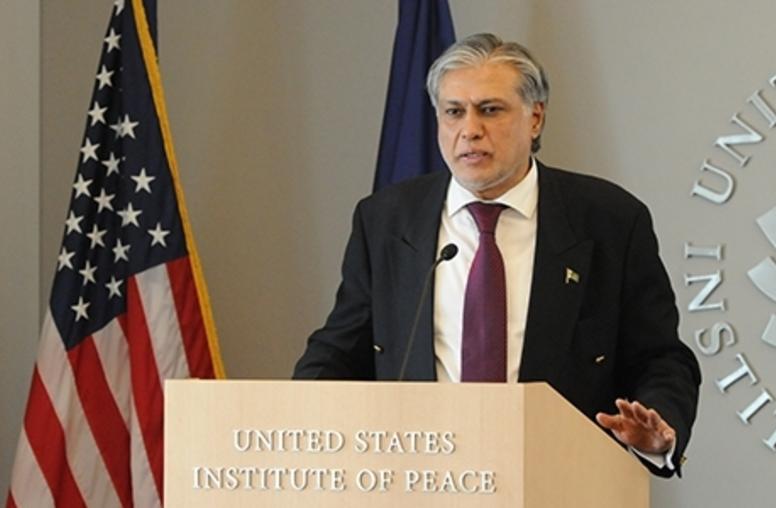
Due to pressing domestic issues, Finance Minister Mohammad Ishaq Dar cancelled his trip to the United States and unfortunately this event was cancelled.
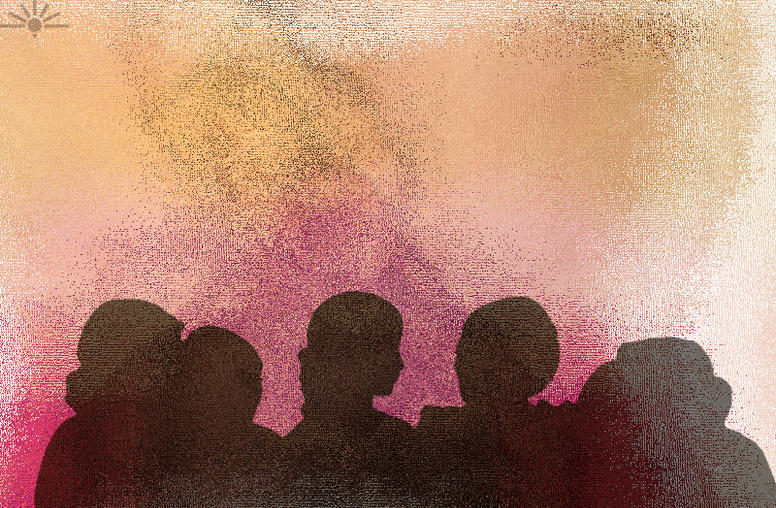
People forced from their homes amid conflict—the majority of them women—face threats of deprivation, discrimination and a militarized society. During a forum hosted by the U.S. Institute of Peace and the Women’s Regional Network, speakers discussed possible model solutions in Afghanistan, India and Pakistan for displaced women and girls.
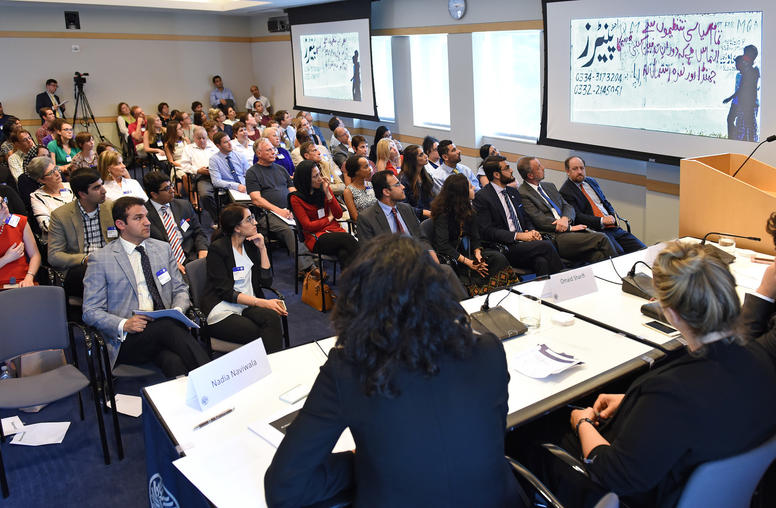
Groups such as Afghanistan-based ArtLords and Awareness and Prevention Through Art, which works in the Middle East, are converting blast walls and blighted buildings into murals and other works that prompt discussions in their communities about how to reduce the injustices, social exclusion and other drivers of violent conflict. On July 28, practitioners convened at USIP to discuss how peace advocates can use street art to help build peace.
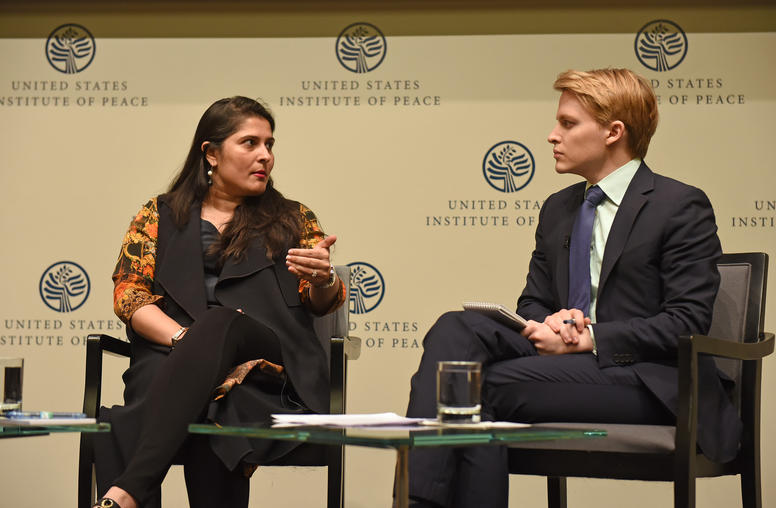
Women in Pakistan are murdered routinely, and usually with impunity, for allegedly staining the “honor” of their families—often by marrying over the objection of their relatives, and even for glancing at a man in the street. Nearly 1,000 such “honor killings” are reported publicly each year, but uncounted others add to a largely hidden tide of brutality. Pakistani filmmaker Sharmeen Obaid-Chinoy threw a spotlight on this violent seam of life in her country—and won an Academy Award—with her documentary, “A Girl in the River.” She screened and discussed her film on May 16.
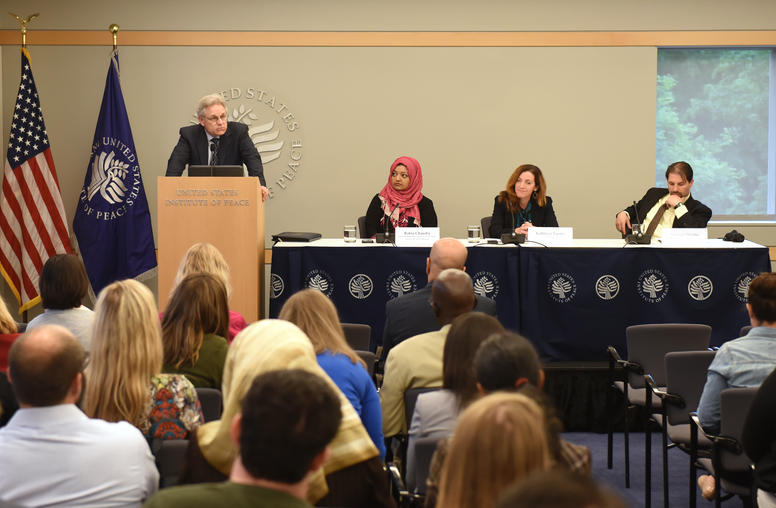
On May 10, the Conflict Prevention and Resolution Forum held a discussion at the U.S. Institute of Peace on women, social media and extremism.
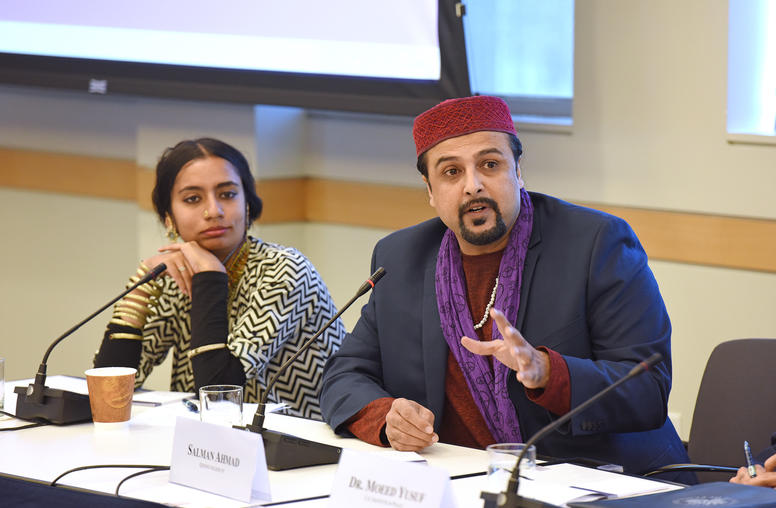
The terrorist attacks that regularly dominate news coverage of Pakistan have overshadowed deeper trends that constrain the space for political, social and religious diversity within the country. How can the arts and music bridge divisions and contribute to peacebuilding in Pakistan? The U.S. Institute of Peace hosted a forum on this question on April 18 to hear how artists and other practitioners see themselves playing this role.
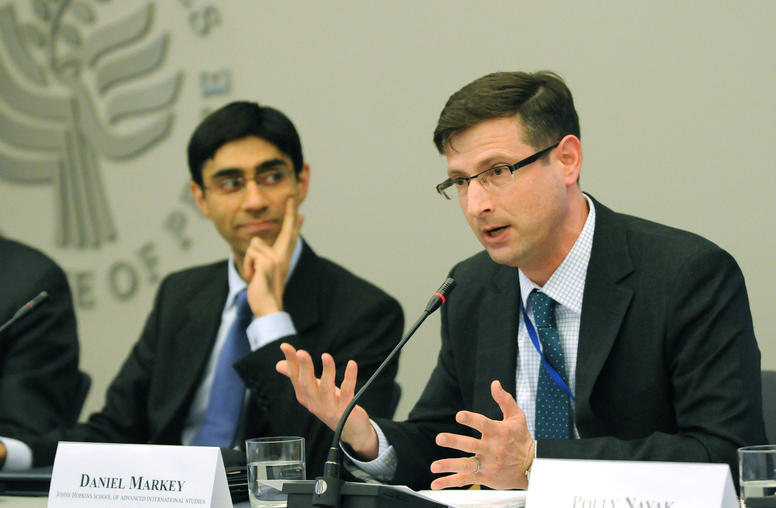
Eight days after the prime ministers of India and Pakistan met suddenly in December to renew diplomatic dialogue between their countries, a squad of guerrilla fighters, apparently from Pakistan , disrupted the effort with an attack on India’s Pathankot air force base. The governments quickly postponed a planned meeting of their foreign secretaries. A pattern of such crises has recurred over the past decade and a half, and the United States often has sought to quietly mediate to avoid war between the nuclear-armed neighbors. What lessons can we learn from those experiences, and how should U.S. diplomats prepare for future disruptions? A panel of scholars and analysts who have helped manage U.S. relations in South Asia joined USIP’s Moeed Yusuf to examine these and related issues.
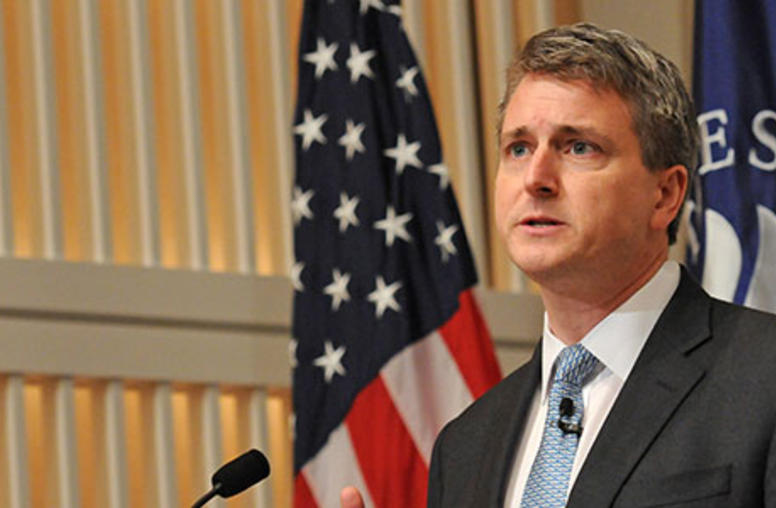
Ambassador Dan Feldman, the U.S. Special Representative for Afghanistan and Pakistan, assessed regional security issues and efforts to open peace talks with the Taliban in a presentation on August 5 at the U.S. Institute of Peace. Comments also were provided by USIP Chairman of the Board of Directors, Stephen J. Hadley, and USIP’s Vice President for South and Central Asia, Dr. Andrew Wilder, and then the discussion was opened up to the audience.
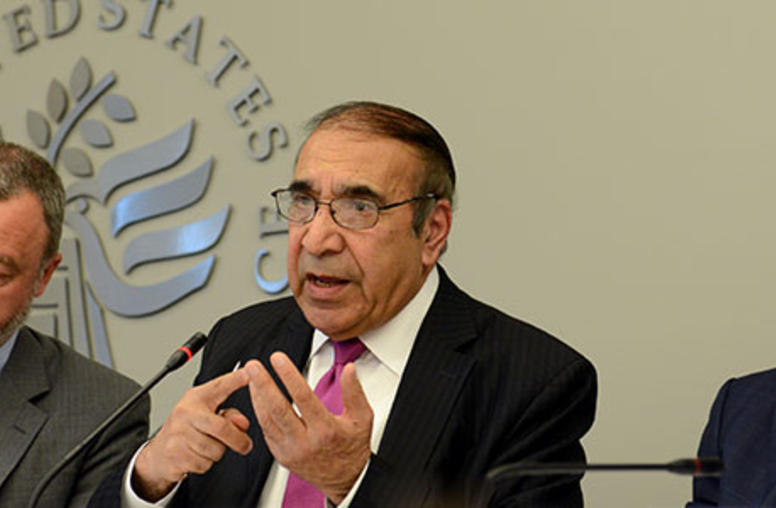
USIP experts convened on June 16 to discuss that question, offer updates from a just-concluded visit to Afghanistan, and explore how to help Afghans seize what may be missed opportunities to stabilize their country.